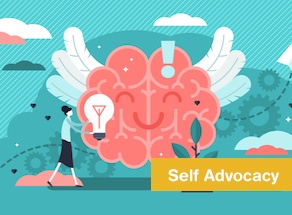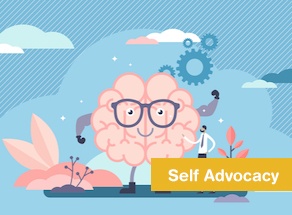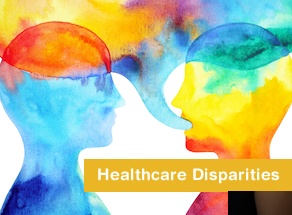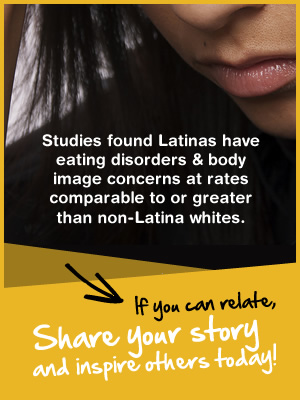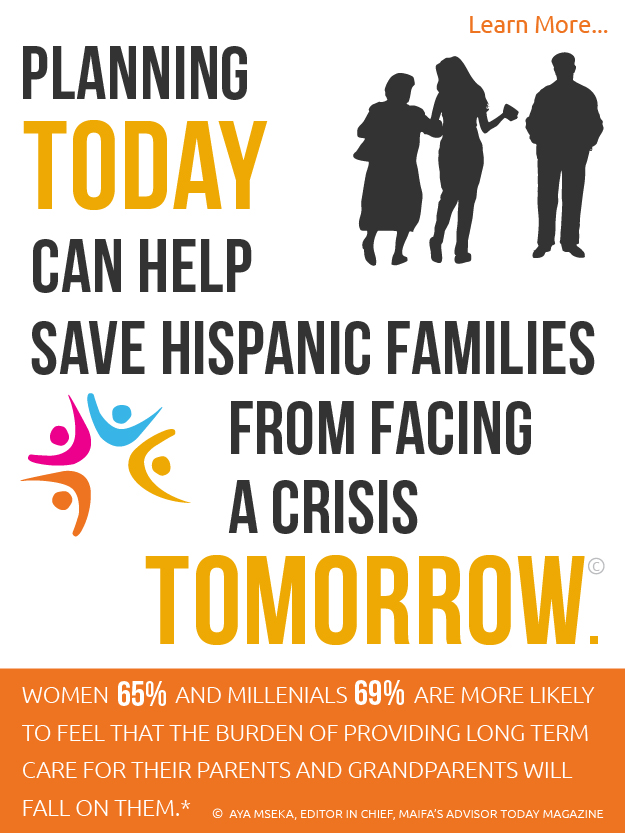Treatment Insights
Losing Too Much: Eating Disorders in the Latina Community
15/10/2013 10:30pm | 9656 viewsIn your lifetime, you’ve probably known someone who has an eating disorder or you have struggled with one yourself. As many as 10 million people in the United States have an eating disorder. Let’s look first at the most common types of eating disorders.
Healthcare Disparities
Study: Latino Families Not Served by Autism Tests
23/09/2013 10:42am | 9015 viewsAt a time when autism diagnoses are at an all-time high, most pediatricians don’t offer the tests necessary to screen Spanish-speaking children.
A study by Oregon Health and Science University researchers in the journal Pediatrics found only about 10 percent of California pediatricians offer both developmental and Autism Spectrum Disorder (ASD) screenings in Spanish. The tests are recommended by the American Academy of Pediatrics, with four developmental screenings between ages nine and 30 months and two autism screenings at 18 and 24 months.
Healthcare Disparities
Racism Takes a Toll on Kids' Mental Health, Research Shows
15/10/2013 02:36pm | 9344 viewsReview found strong links between discrimination and anxiety, low self-esteem in minority teens
SUNDAY, Sept. 22 (HealthDay News) -- Being a victim of racism may trigger poor mental health, depression and anxiety in children and teens, according to a new review.
Self Advocacy
10 Things to Say (and 10 Not to Say) to Someone With Depression
15/10/2013 09:43pm | 9730 viewsHow to show you care
What do you say to someone who’s depressed? All too often, it’s the wrong thing. “People still have such a cloudy idea of what mental illness is,” says Kathleen Brannon, of Herndon, Va. “Sometimes people will say, ‘Oh, you’re depressed? Yeah, I’ve been depressed,’ and you realize just the way they say it that, nooo, it’s not quite the same thing. It’s not just that I’m feeling sad or blue.” Below is a list of helpful things to tell someone battling depression, followed by what not to say, courtesy of the Depression Alliance.
Self Advocacy
Bilingual education: Why gutting it hurts us all
11/10/2013 04:30pm | 9148 viewsHispanic Heritage Month provides the perfect opportunity to explore how bilingual education positively or negatively affect our children.

